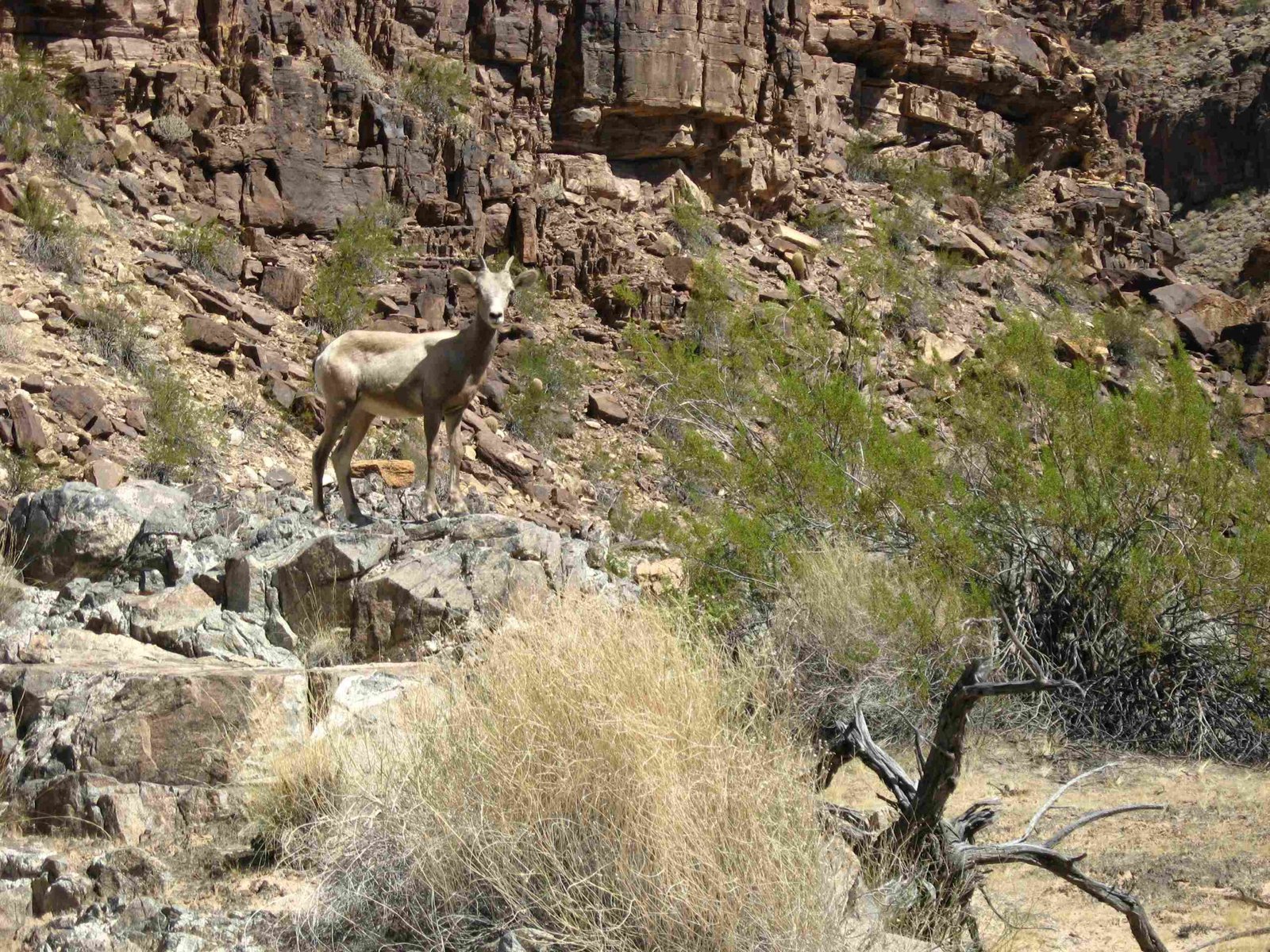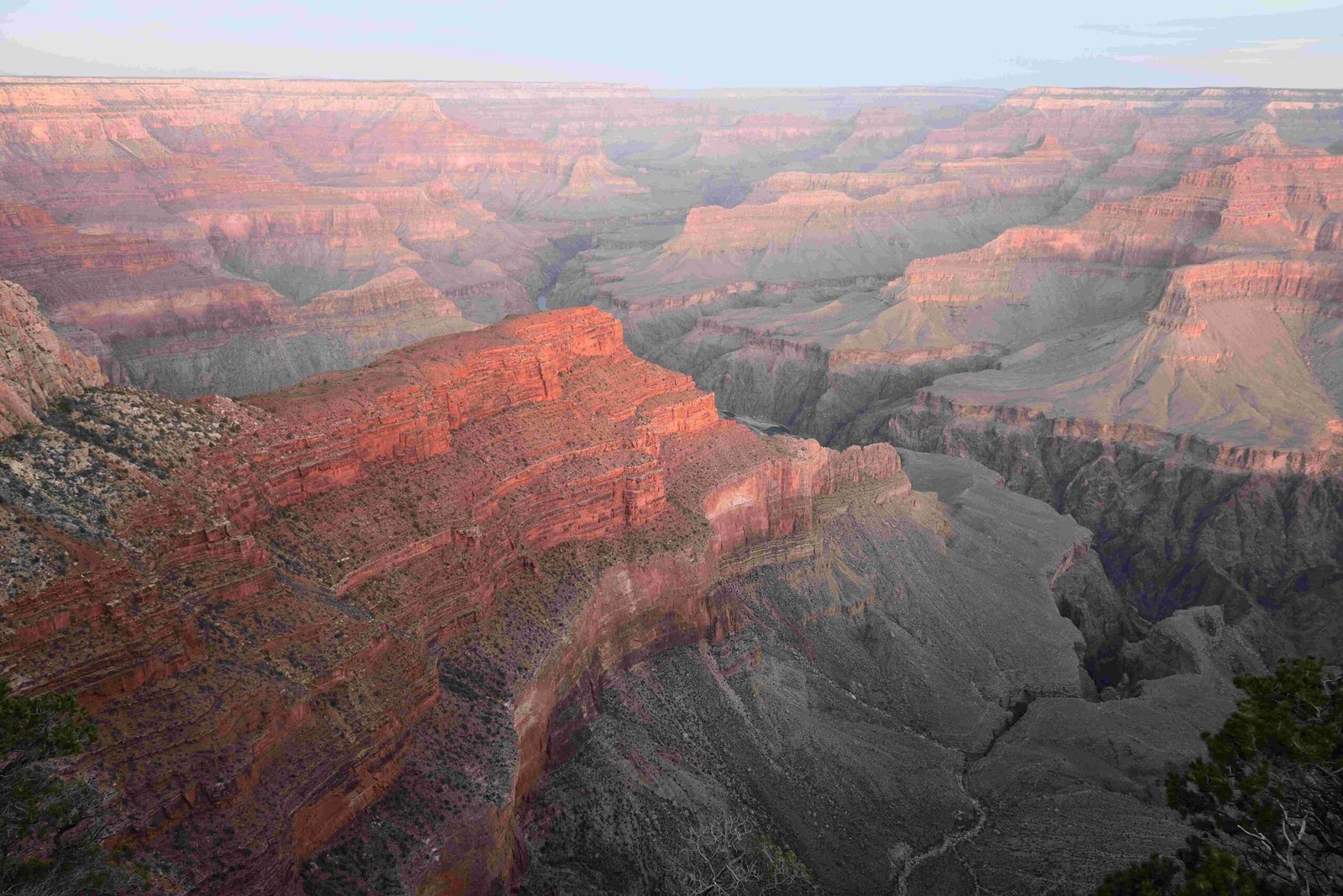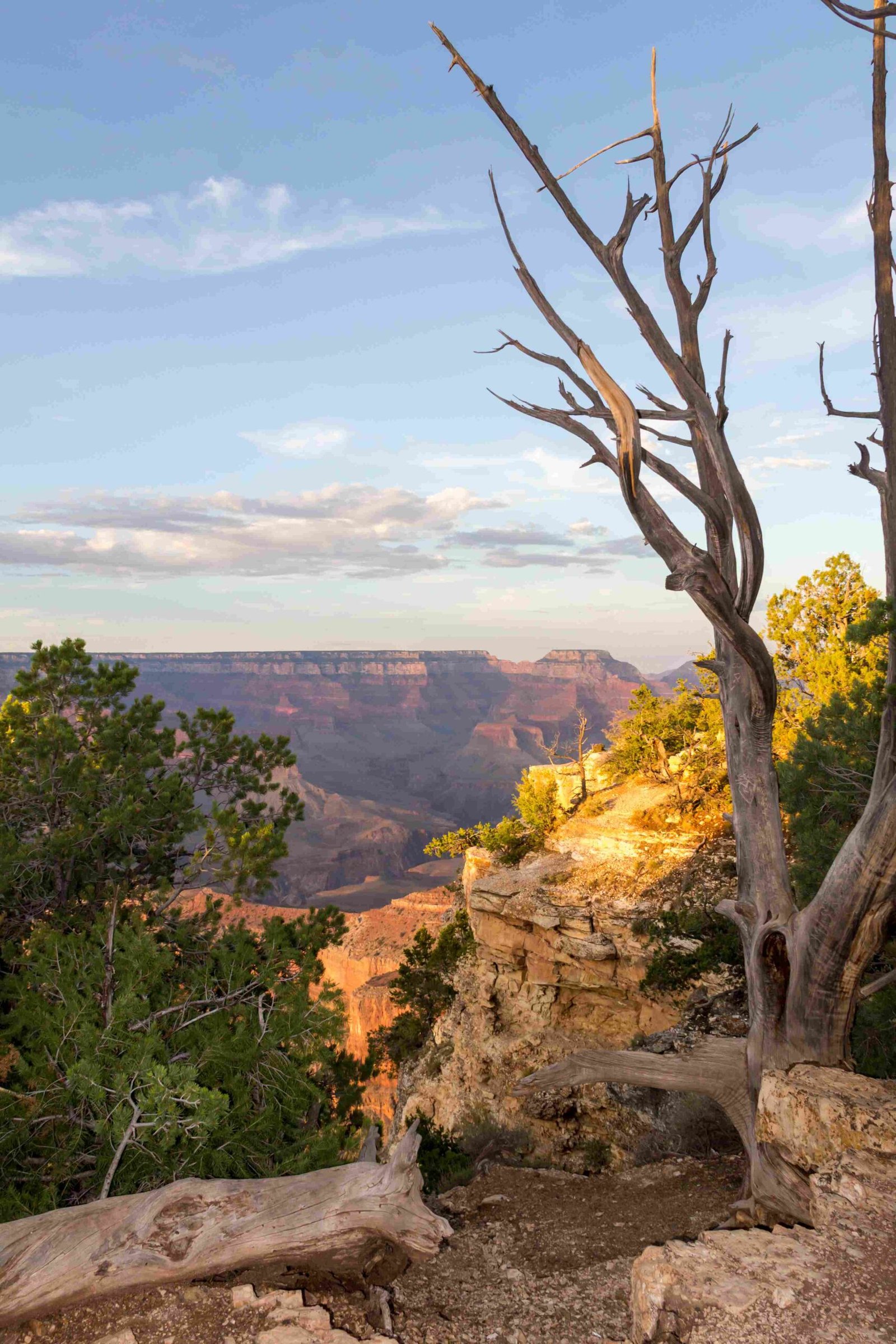The Grand Canyon’s Colorado River hosts a legendary collection of rapids that challenge even the most experienced whitewater adventurers. From the notorious Crystal Rapid to the thundering Lava Falls, these river passages represent a complex ecosystem of water dynamics, geological formations, and extreme paddling challenges that attract thousands of rafters annually.
What Are the Most Famous Grand Canyon Rapid Names?

The Grand Canyon boasts numerous remarkable rapids, each with its unique character and challenge level. Here’s a comprehensive exploration of the most significant river passages:
Top-Tier Grand Canyon Rapids
| Rapid Name | Difficulty Rating | Location (River Mile) | Key Characteristics |
|---|---|---|---|
| Crystal Rapid | 7-10 | Mile 98 | Massive waves, significant drop |
| Lava Falls | 7-10 | Mile 179.5 | Extremely challenging, large waves |
| Hance Rapid | 7-8 | Mile 76.5 | Rocky obstacles, powerful currents |
| Hermit Rapid | 7-8 | Mile 95 | Large waves, complex navigation |
How Do Rapids Get Their Names?
Rapid names in the Grand Canyon often originate from:
– Historical explorers
– Geological features
– Unique river characteristics
– Local indigenous traditions
Fascinating Rapid Name Origins
- Crystal Rapid: Named after nearby Crystal Creek
- Lava Falls: Proximity to ancient lava flows
- Hermit Rapid: Near Hermit Creek and historic Hermit Trail
- Hance Rapid: Named after John Hance, an early Grand Canyon pioneer
What Makes Grand Canyon Rapids Unique?

Grand Canyon rapids differ from other river systems due to:
– Extreme geological diversity
– Dramatic elevation changes
– Unpredictable water levels
– Complex rock formations
Rapid Classification System
The Grand Canyon uses a specialized 1-10 difficulty scale, complementing the International Scale of River Difficulty (ISRD). This nuanced system allows for more precise rapid assessment.
Rapid Difficulty Breakdown
- Class I-II: Mild, beginner-friendly
- Class III: Moderate challenge
- Class IV: Advanced technical skills required
- Class V-VI: Extreme difficulty, professional level
Who Should Attempt These Rapids?
| Skill Level | Recommended Rapids | Required Experience |
|---|---|---|
| Beginner | House Rock, Dubendorff | Basic paddling skills |
| Intermediate | Hermit, Sockdolager | Advanced river reading |
| Expert | Crystal, Lava Falls | Professional whitewater training |
Safety Considerations
- Always use professional guides
- Wear appropriate safety gear
- Understand river conditions
- Check water levels before trip
Why Are Grand Canyon Rapids So Challenging?
The combination of:
– Narrow canyon walls
– Sudden elevation drops
– Rocky underwater terrain
– Unpredictable water flow
Creates an unparalleled rafting experience that tests even seasoned adventurers.
Conclusion
Grand Canyon rapids represent more than just water passages—they’re living geological narratives, challenging human skill and showcasing nature’s raw power.

